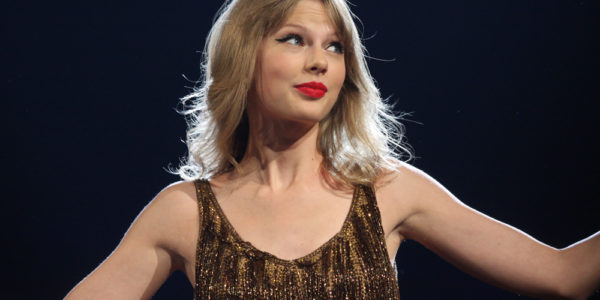Ticketmaster messed up Taylor Swift’s ticket sales, and everyone knows it. Public reaction has focused on the fact that they only have one job — selling tickets — and if we can put a man on the moon surely Ticketmaster can sell tickets to a concert.
But Ticketmaster disagrees. They say you can blame it all on the bots.
Bots were a foreseeable problem
Ticketmaster explains that it uses a special system to favor human beings and make it hard for bots to buy tickets. “Keeping bots out of queues and avoiding overcrowding helps to make wait times shorter and onsales smoother,” they claim, disregarding the fact that wait times were longer and sales were anything but smooth. In fact, people who had preregistered fort the special system and went in to buy their tickets waited in some cases for hours, only to find that their tickets disappeared from their carts just as they were about to check out.
Preregistration was supposed to work better than just letting people jump in and buy tickets. 3.5 million people preregistered, and having jumped through that hoop they probably felt confident that they would be able to buy tickets. That might have been their first mistake.
“Historically, around 40% of invited fans actually show up and buy tickets, and most purchase an average of 3 tickets. Around 1.5 million people were sent codes to join the onsale for all 52 show dates, including the 47 sold by Ticketmaster,” Ticketmaster shared in their blog post. “The remaining 2 million Verified Fans were placed on a waiting list on the small chance that tickets might still be available after those who received codes had shopped.”
So only 1.5 million people actually had codes — a minority of the people who preregistered. the rest didn’t give up, though. A “staggering number of bot attacks as well as fans who didn’t have codes drove unprecedented traffic on our site, resulting in 3.5 billion total system requests – 4x our previous peak” said Ticketmaster.
However, the high level of demand was surely foreseeable. Ticketmaster should have been able to anticipate the traffic and work out a plan to handle it.
15%?
The official word is that 15% of shoppers had problems getting tickets. Two million tickets were successfully sold in one day, the largest number ever. Ticketmaster feels that the volume of sales is in and of itself proof that they were generally successful.
The Washington Post suggested that Swift had the option of selling tickets to individuals by name and refusing to allow resales. This would have kept bots from buying tickets, but could have been less profitable.
Responses
However, the Justice Department responded to the fiasco by stepping up examination of the question of whether Ticketmaster is a monopoly. Congress, including both Republican and Democratic members, questioned the ticket sales behemoth.
Senator Amy Klobuchar, who chairs a Senate subcommittee on antitrust and consumer protection, expressed concern “that Ticketmaster continues to abuse its market positions.” Representative Alexandria Ocasio-Cortez tweeted that “Ticketmaster is a monopoly.”
NPR shared Congress’s feeling on this subject: “Ticketmaster’s power in the ticketing market insulates it from the competitive pressures that typically would make companies compete and improve their technology.” That’s why a monopoly is bad for consumes.
So is it fair to blame it on the bots? Maybe not.
